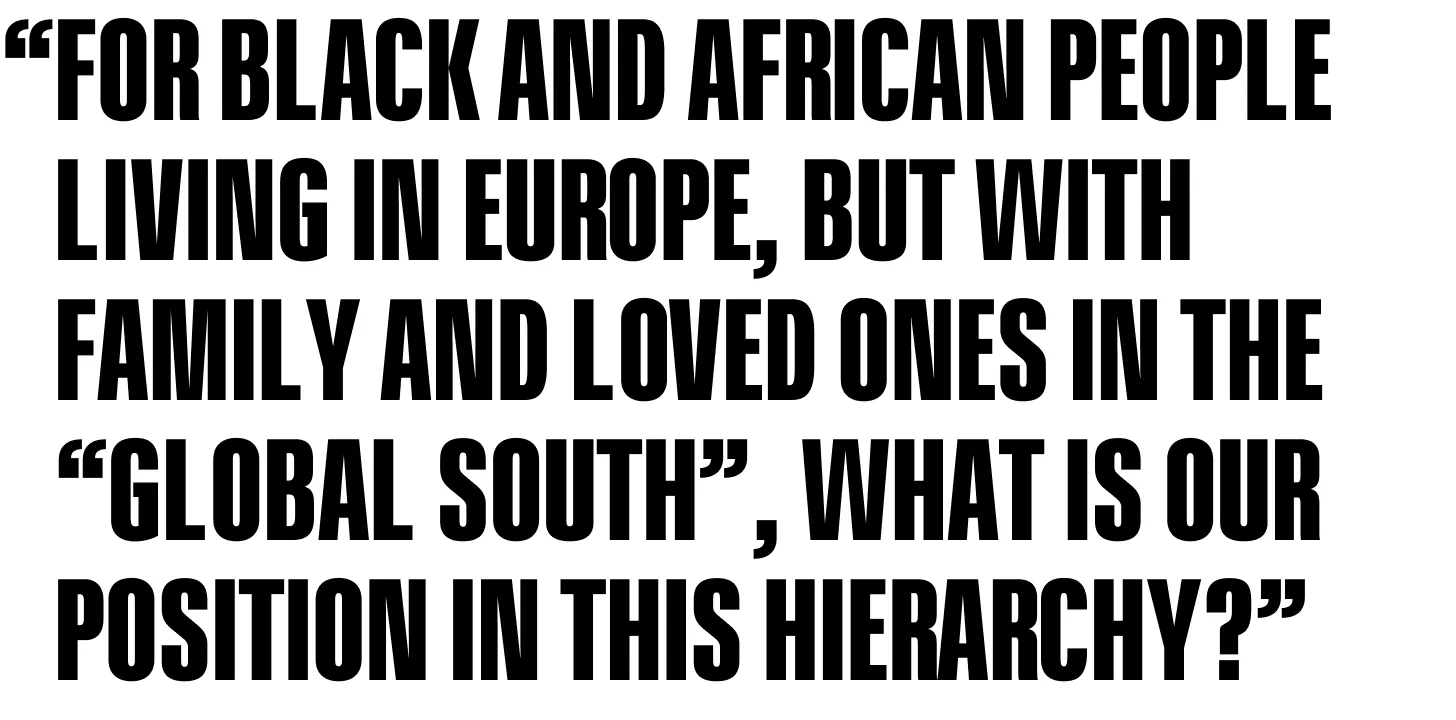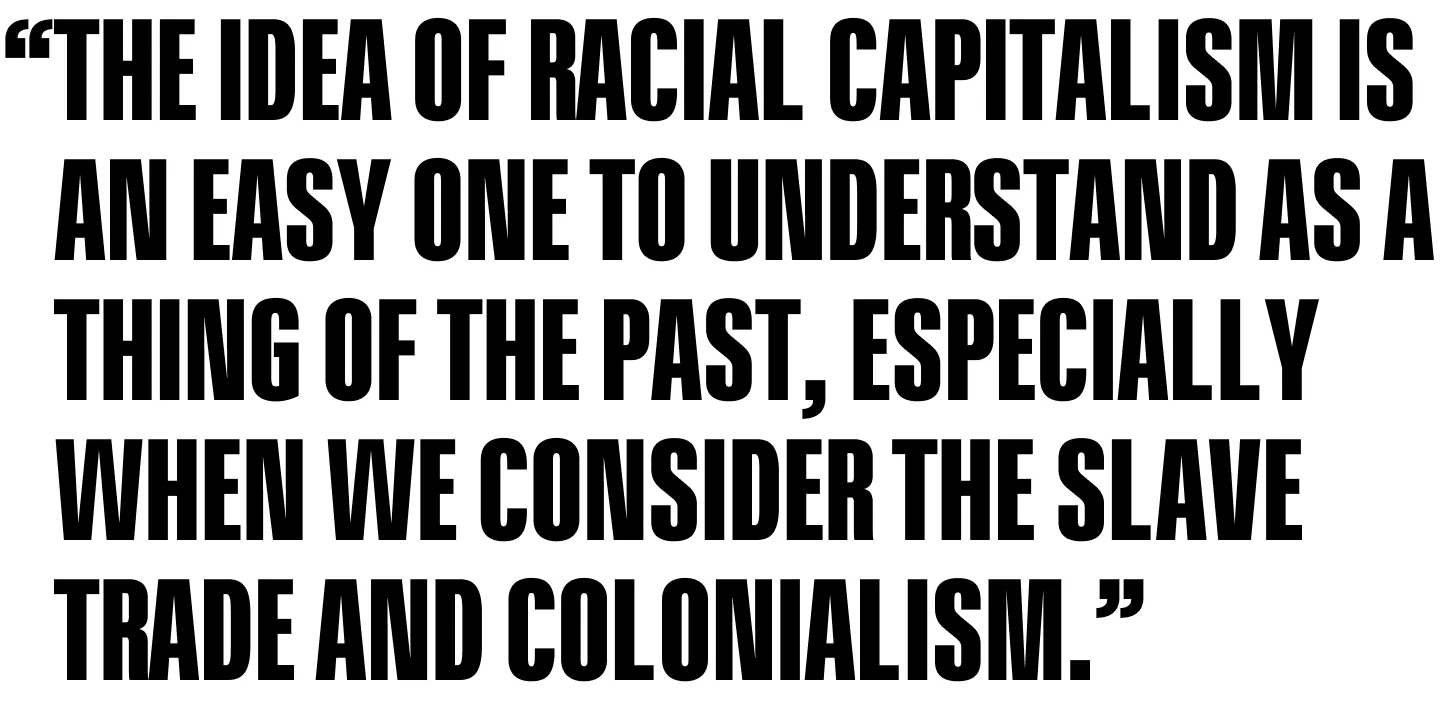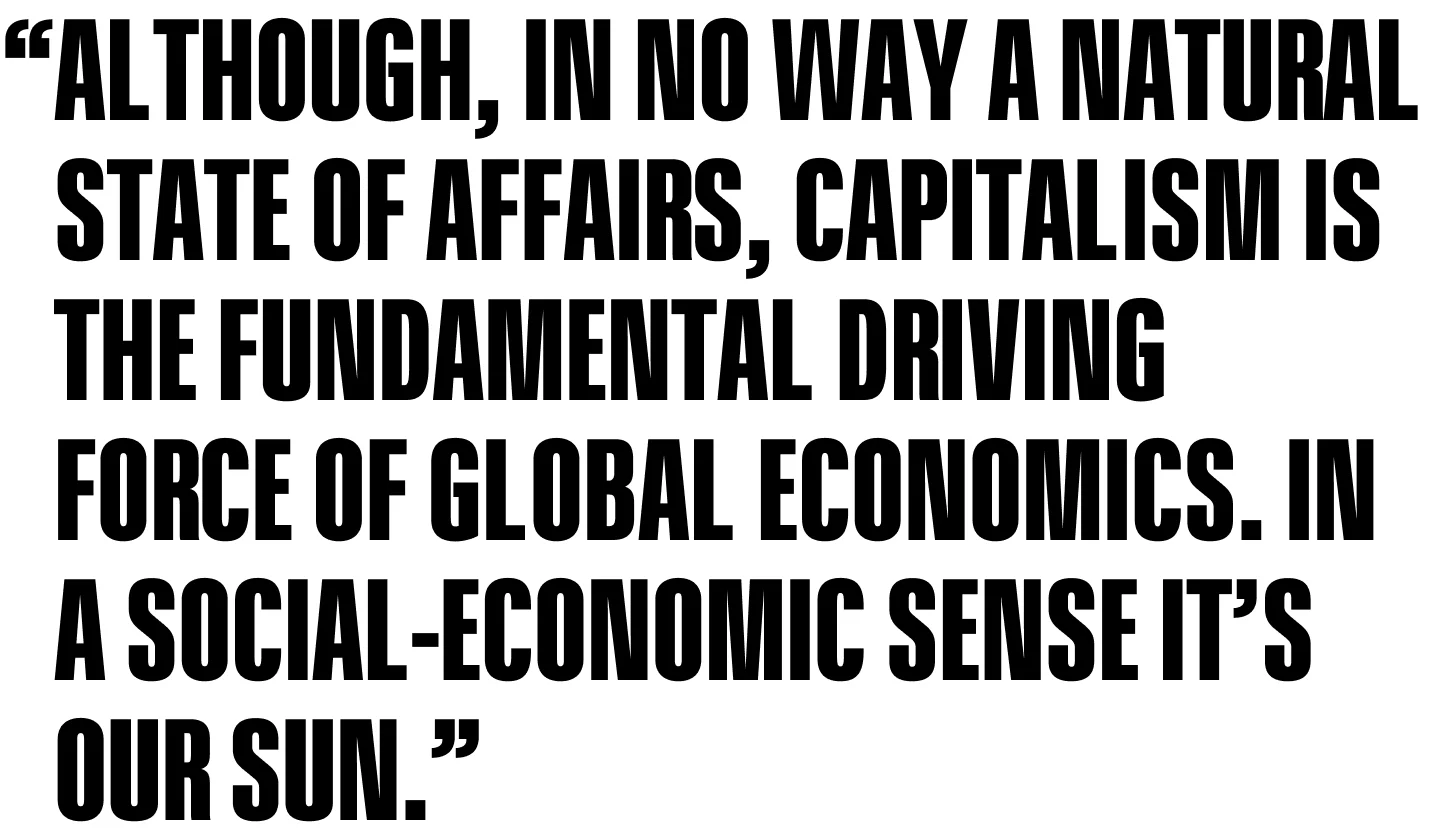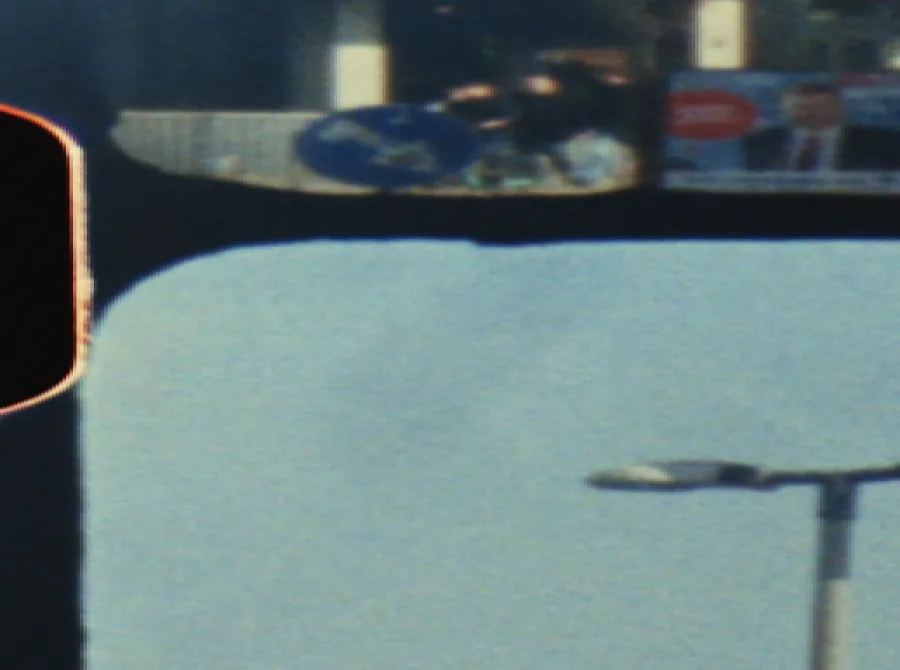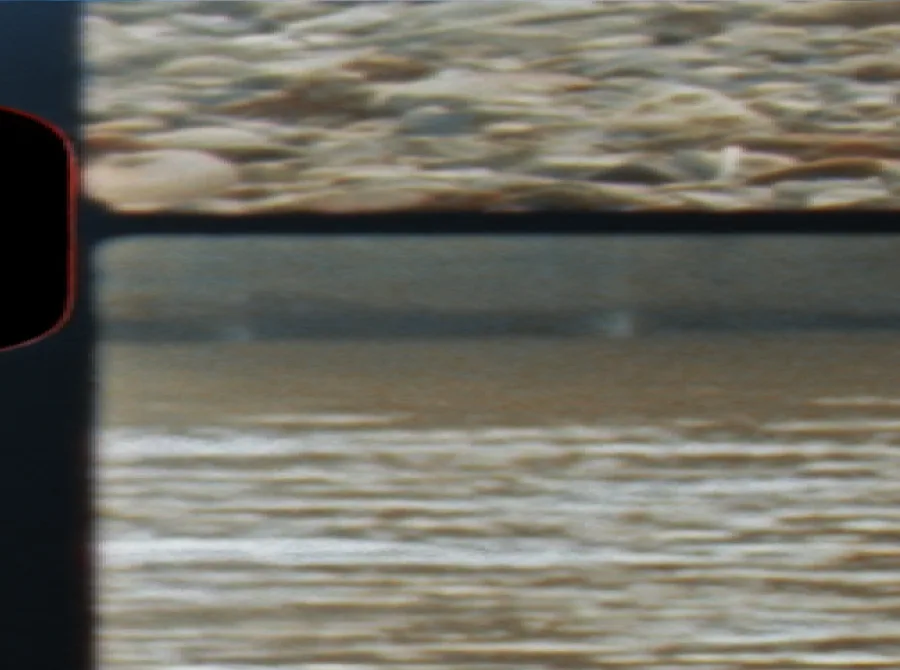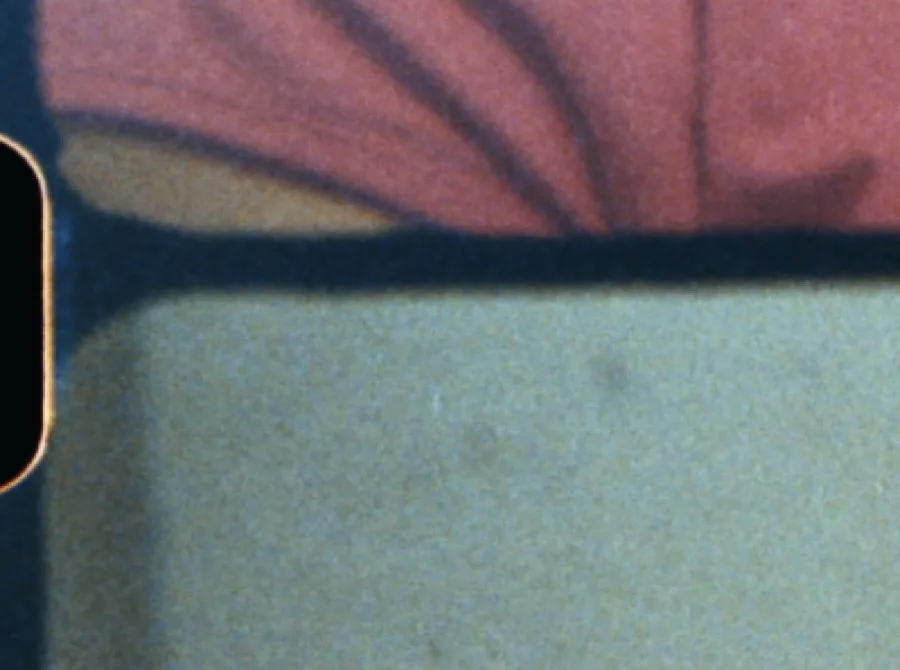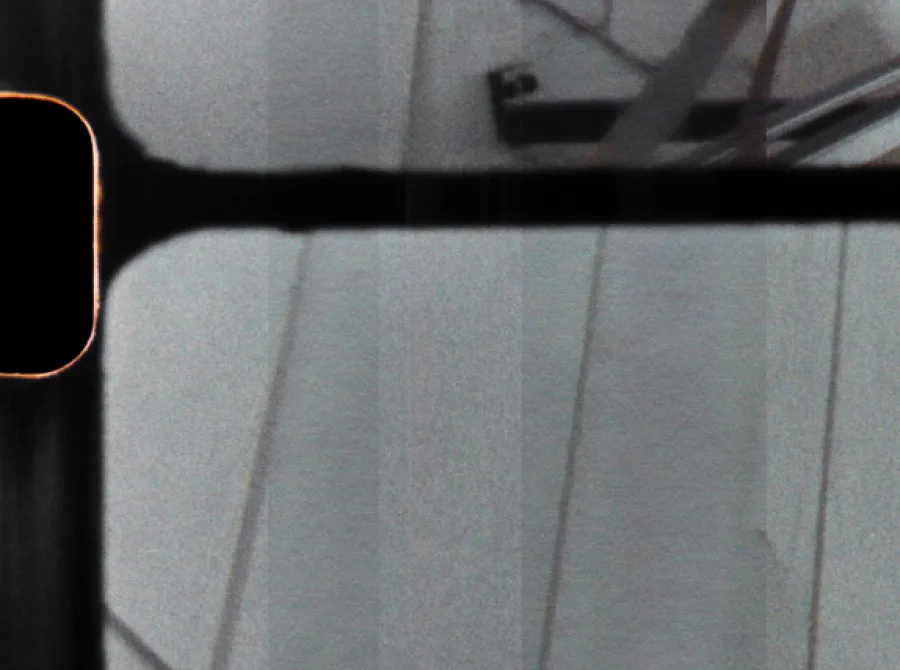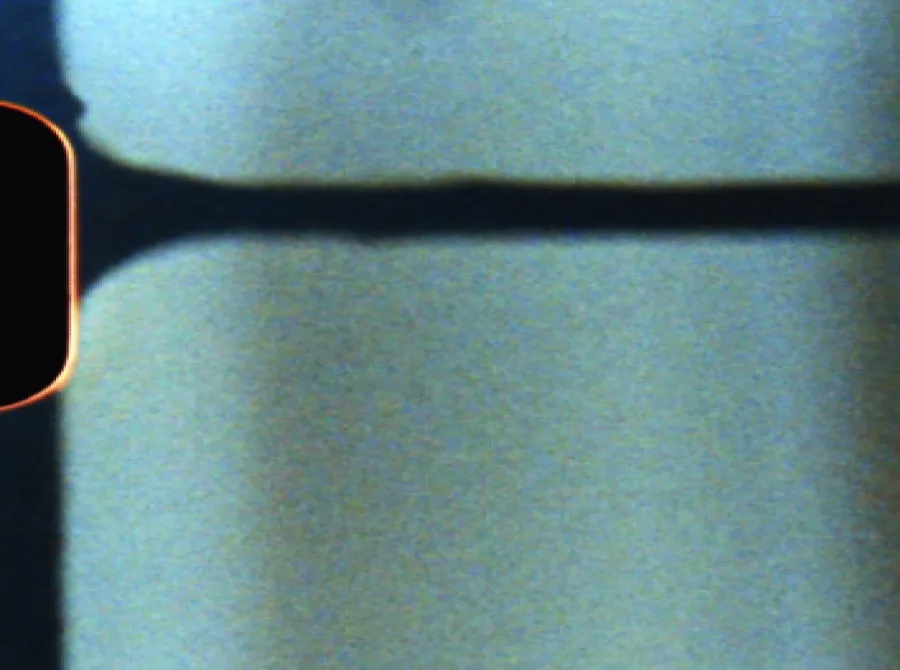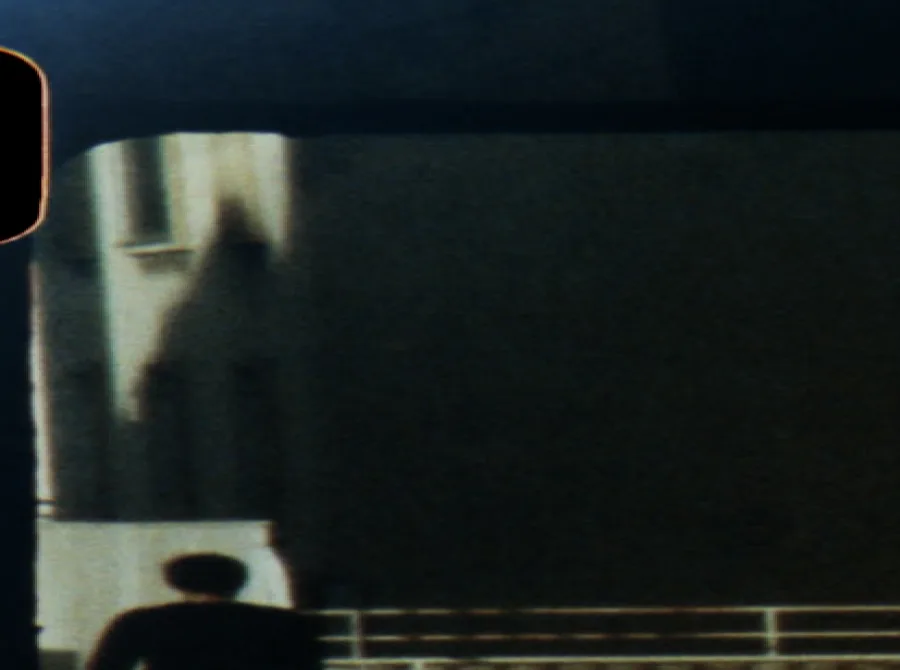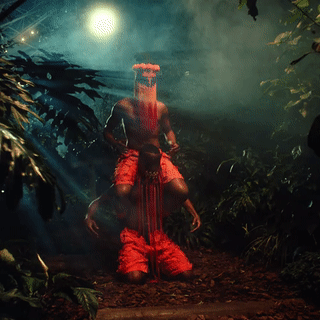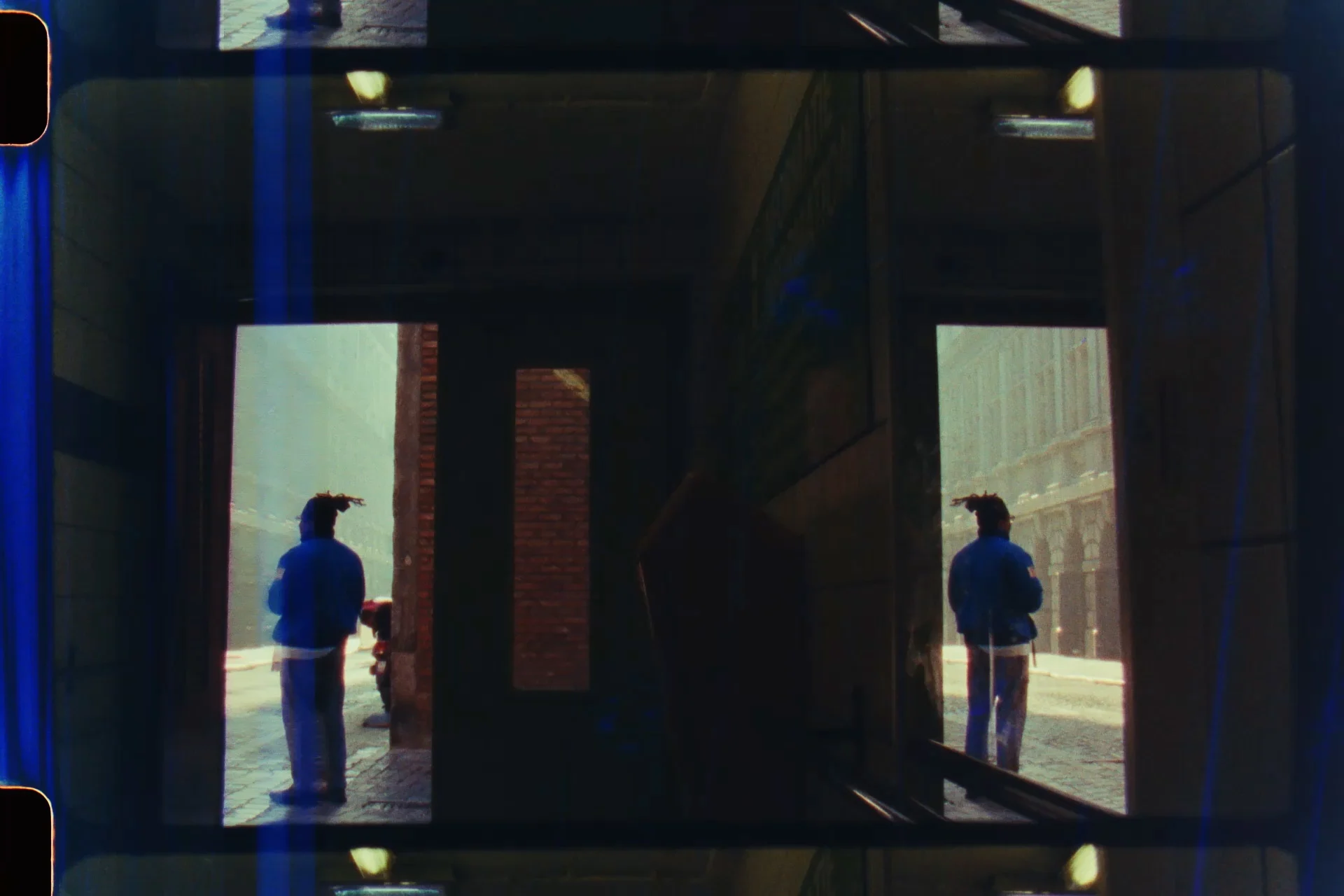
WePresent has partnered with the Barbican to co-commission Sierra Leonean artist Julianknxx's new multimedia film installation “Chorus in Rememory of Flight.” For this piece of work, the artist traveled around Europe, exploring largely untold stories of Black and African diasporic realities and collaborating with local musicians and choirs. The project will be on show in The Curve gallery at the Barbican, London from 14 September 2023 to 11 February 2024.
In this part of his European journey, Julianknxx traveled to Lisbon, Portugal. Writer Debo Amon looks at how Black people in Europe feel about their position in an imagined hierarchy.

remembering the scents in
dust, hair, water, stone.
Now smoke, fossil fuel and fire.
We know a great deal about
yesterday’s sun
— Julianknxx
You take a deep breath unprepared for what’s to come, in full knowledge that it is of little consequence. You click “join” but find yourself in a waiting room—the host has been notified. Suddenly 12 faces pop on your screen. The first you register is your aunt’s, the one whose smile is always warm and freely given, yet there is no smile now. Perhaps she hasn’t seen you? Is your camera on? There are well over 70 people on this, so maybe the 12 you’re seeing aren’t all seeing you? You take another breath, hoping to replace anxiety with air. The service starts. It’s… weird.
You feel bad for thinking this, but perhaps grief is too heavy and too complex to be made binary, transmitted and re-rendered with emotional fidelity. There are not many things as humbling as a funeral on Zoom, but somehow you’re still grateful to have this, and also for the dull sting in your arm. Your parents had their second vaccine a few weeks back, but yours is fresh. Strangely, the ache in your arm feels like guilt got lost on its way to your stomach. Your cousins are yet to get theirs, but they’re young, healthy and time means the odds are in their favor. You wish the same was true for their dad, a Zoom full of faces all do. The government—well, their government—says the vaccine is coming, that Angola has been promised supplies from the West, and purchased more through COVAX but it’s June 2021 and the wait has been long, too long. Your government—Portugal’s—announced they would send a million doses of the vaccine to a group of former colonies, including Angola, beginning in July. It’s already too late—your cousins still have to wait, and what of that million will the 33 million people in Angola get?

That ache in your arm starts to feel like heat, like burning, like from the frying pan into the fire, like you’re no different, like be grateful or go back home, like don’t you feel lucky, like betrayal, like living here, in Lisbon is its own complicity.
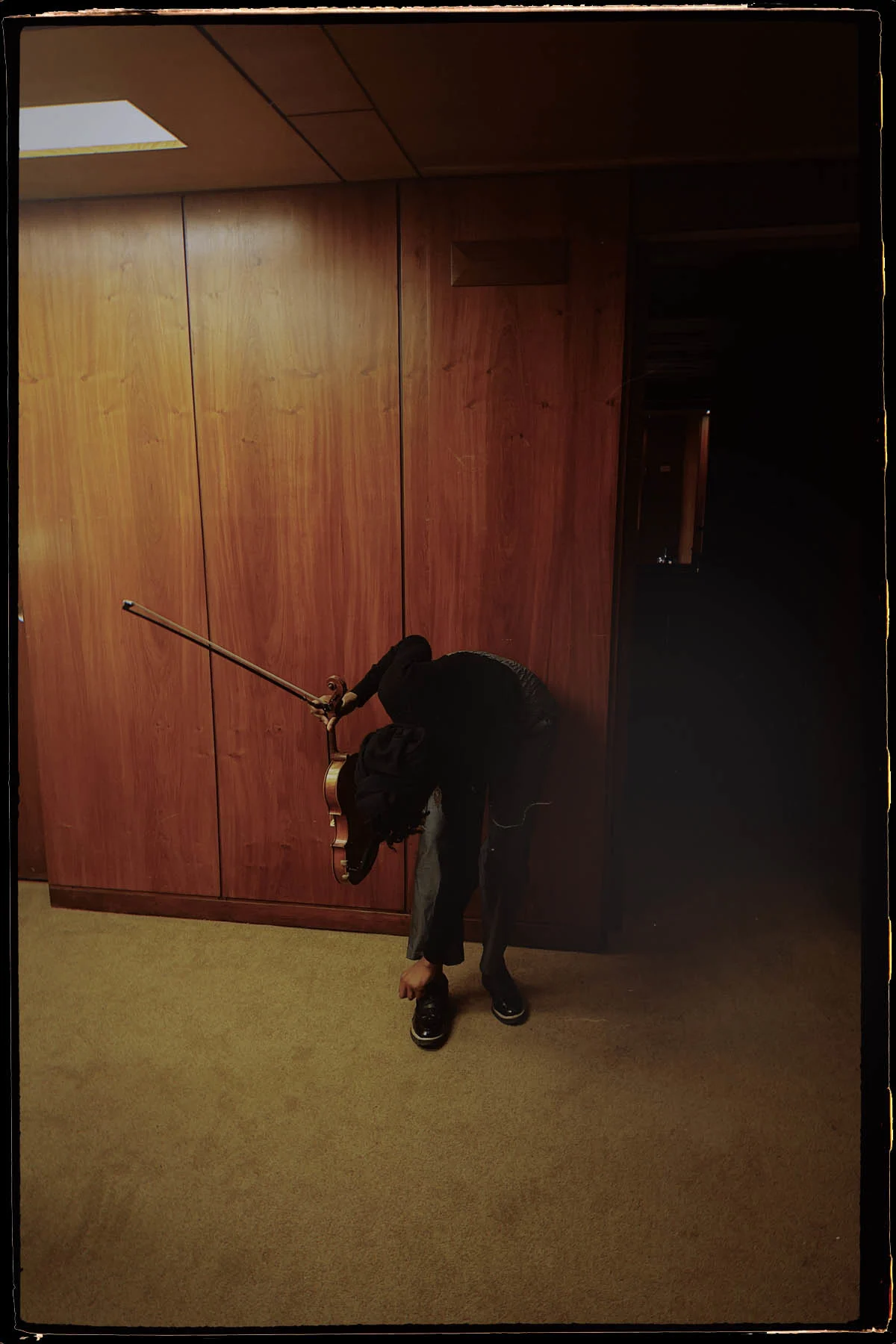

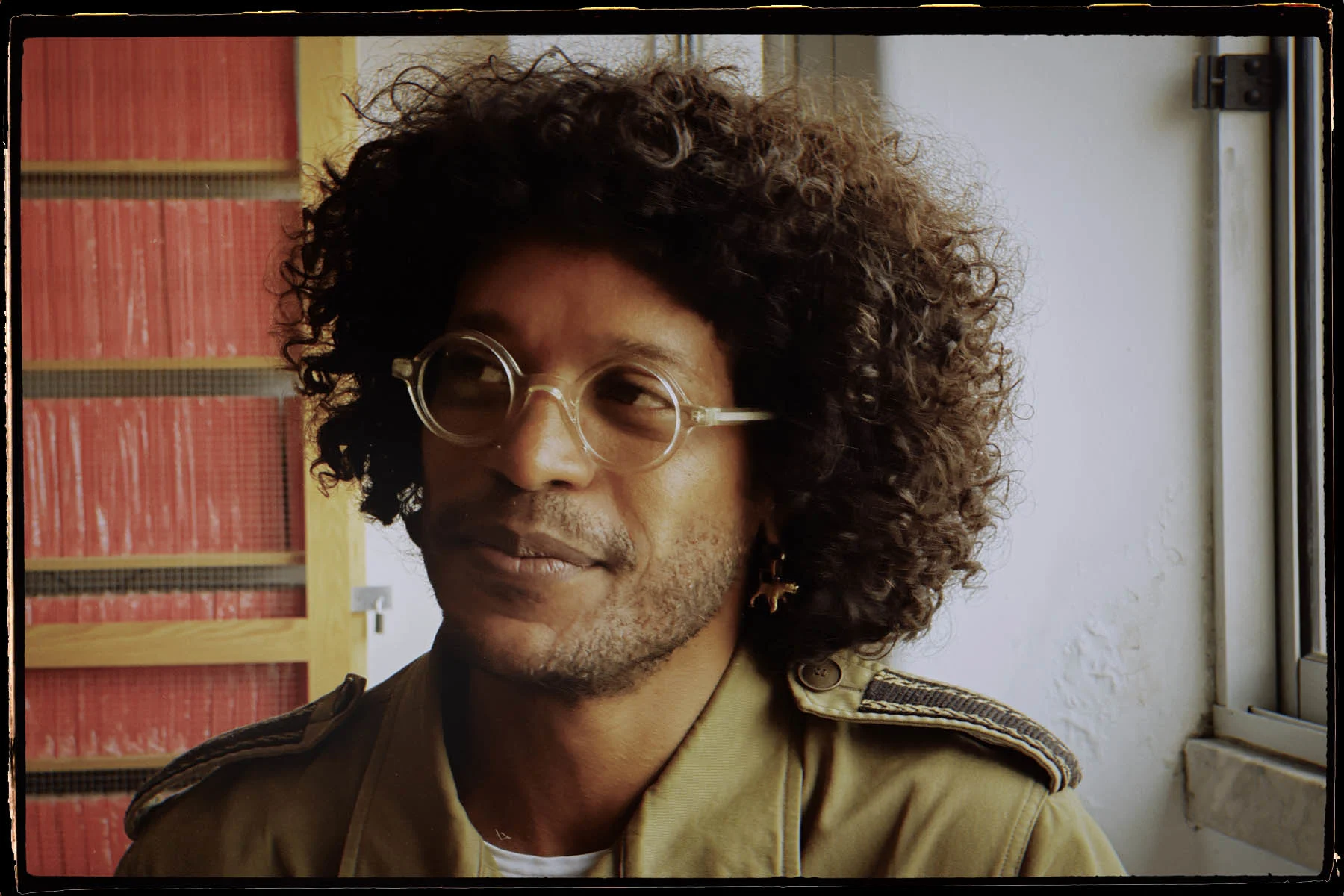
On meeting musician Oseias Xavier in the hot sun of Lisbon, Julianknxx was immediately struck by his attire. Dressed in all black, Oseias stated that he has to learn to wear black under the sun. Although, on its face this was a simple statement regarding Oseias’ sartorial choices, as an artist and poet Julianknxx found something profound in the simple statement’s allegorical potential to symbolize an aspect of Black existence. It wouldn’t be hyperbolic to say that we organize our lives around the sun. Be it our years, our days, our seasons, the sun is a fundamental part of our existence on this planet. The same could be said, almost, about capitalism. Although, in no way a natural state of affairs, capitalism is the fundamental driving force of global economics. In a social-economic sense it’s our sun. To know this and to understand the social implications of capitalism is to understand why the fiction of race was created and still persists.

If we look back through the history of capitalism as it developed, we see that the understanding that those who owned the means of production had their differences from those whose labor they exploited were understandings that we can recognize today as racial practice. So all capitalism is racial from its beginning, which is to say the capitalism that we have inherited, that it’s constantly producing and reproducing itself, will continue to depend on racial practice and racial hierarchy no matter what. This is another way of saying, we can’t undo racism without undoing capitalism.
— Ruth Wilson Gilmore
Here Ruth Wilson Gilmore summates the condition in which we find ourselves, laboring under the sun of capitalism. The idea of racial capitalism is an easy one to understand as a thing of the past, especially when we consider the slave trade and colonialism. However, COVID-19 and the global vaccine rollout was another stark example of how it persists today, entrenching racialized hierarchies across national borders in the protection of intellectual property and profit at the cost of those in the “global South”.

For Black and African people living in Europe, but with family and loved ones in the “global South”, what is our position in this hierarchy? How do we rationalize our contradicting experiences? I have no answer for this. I’m not sure Julianknxx does either, but what he does have is his “Black Corporeal” series of works and performance. This ongoing series of work by Julianknxx is a critical examination on the relationship between materiality and the Black psyche. He explores the idea that our ability to breathe—an act that is continuously challenged by everything from air pollution, stress and anxiety and societal prejudice—is more than our lungs’ ability to take in air, but a reflection of the way we live individually and together. For me, and seemingly for many in attendance at his performance at Calouste Gulbenkian Foundation, Lisbon, Julianknxx’s “Black Corporeal” performance piece is a moment not to resolve the issues of wearing black under the sun, but rather to find shade, even if only temporary, in communion and community.
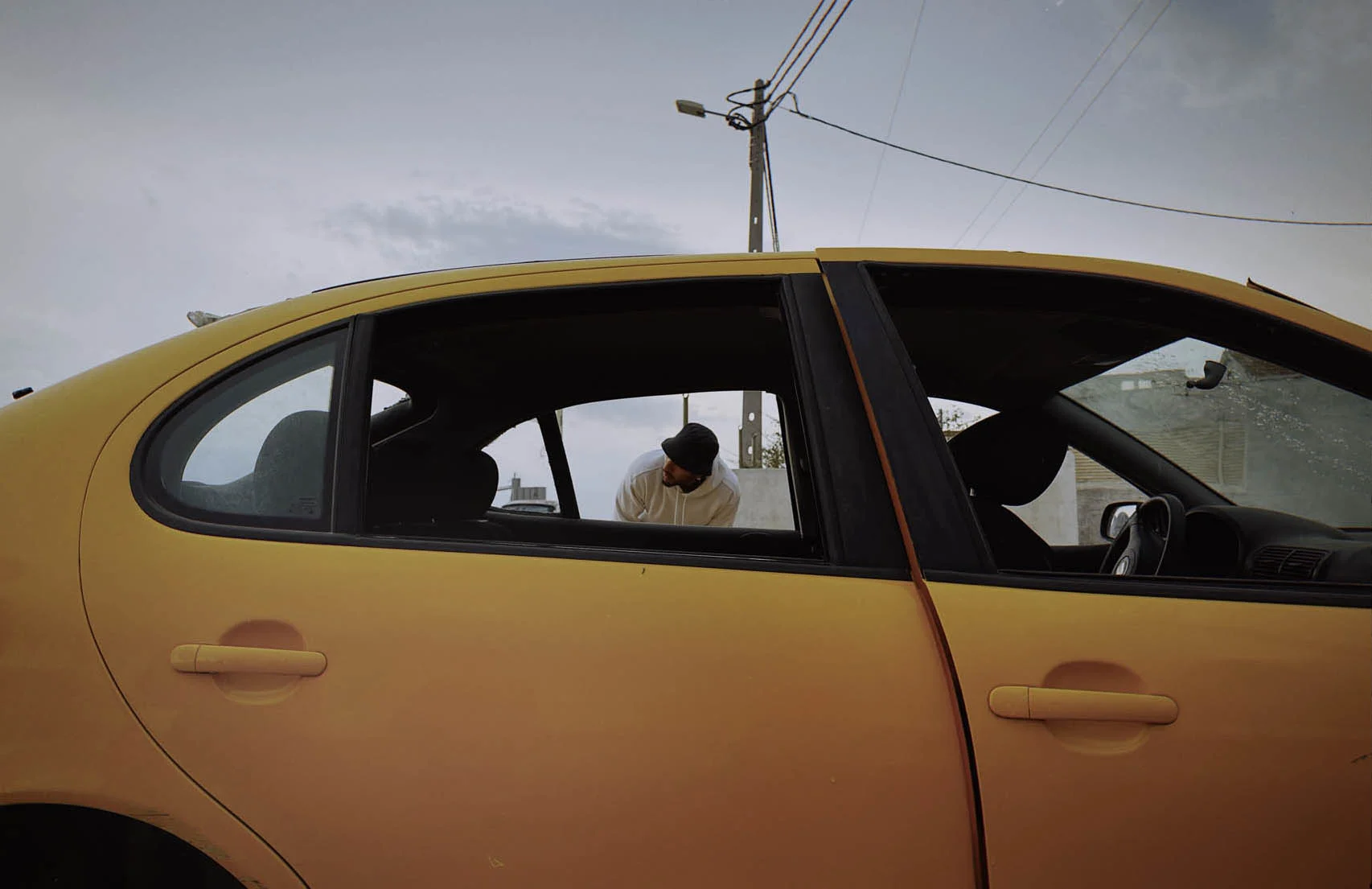
Explore Julianknxx’s experiences in the seven cities he visited to make “Chorus in Rememory of Flight”

“Chorus in Rememory of Flight” has been co-commissioned by the Barbican and WePresent by WeTransfer in partnership with Calouste Gulbenkian Foundation and with support from De Singel.


